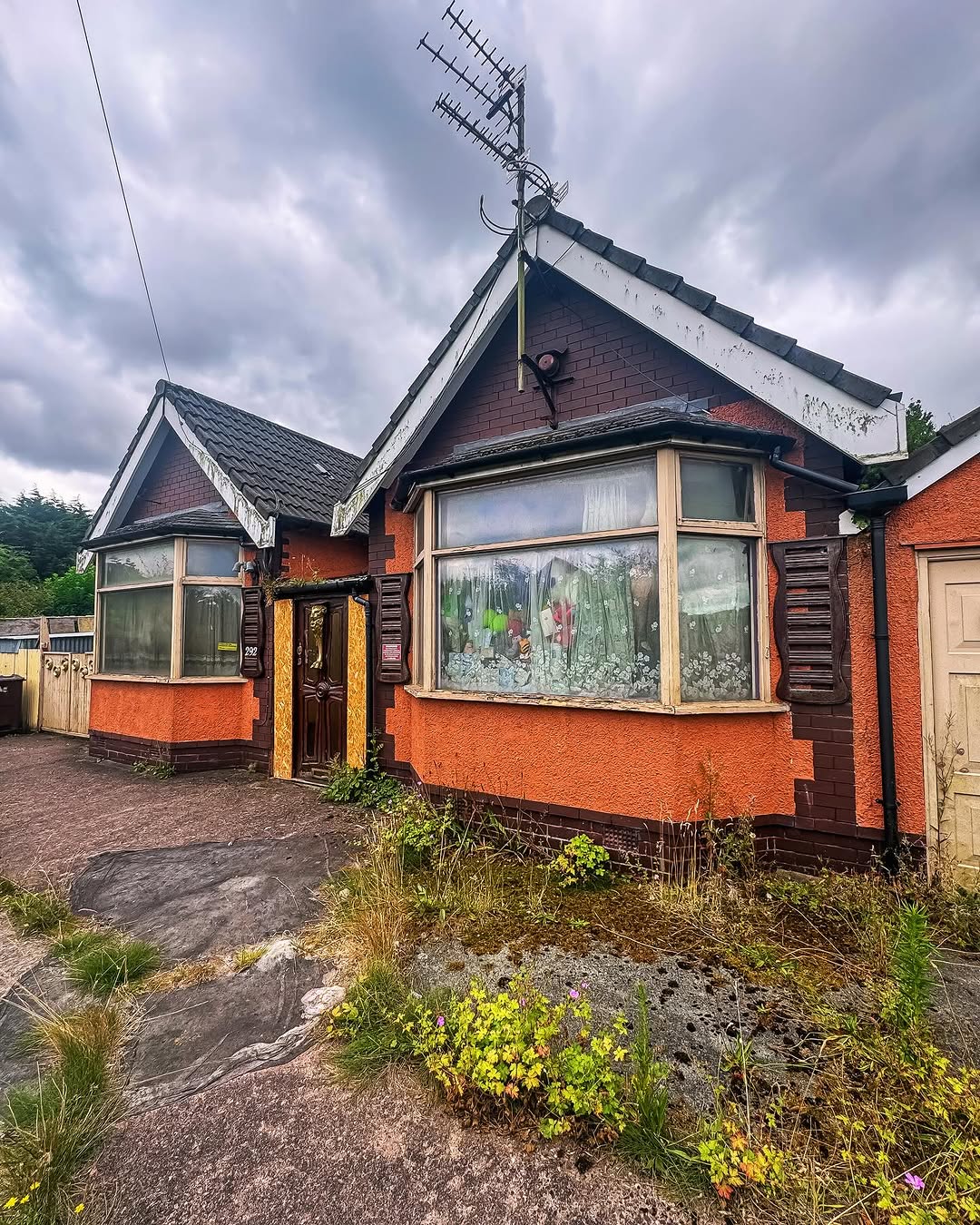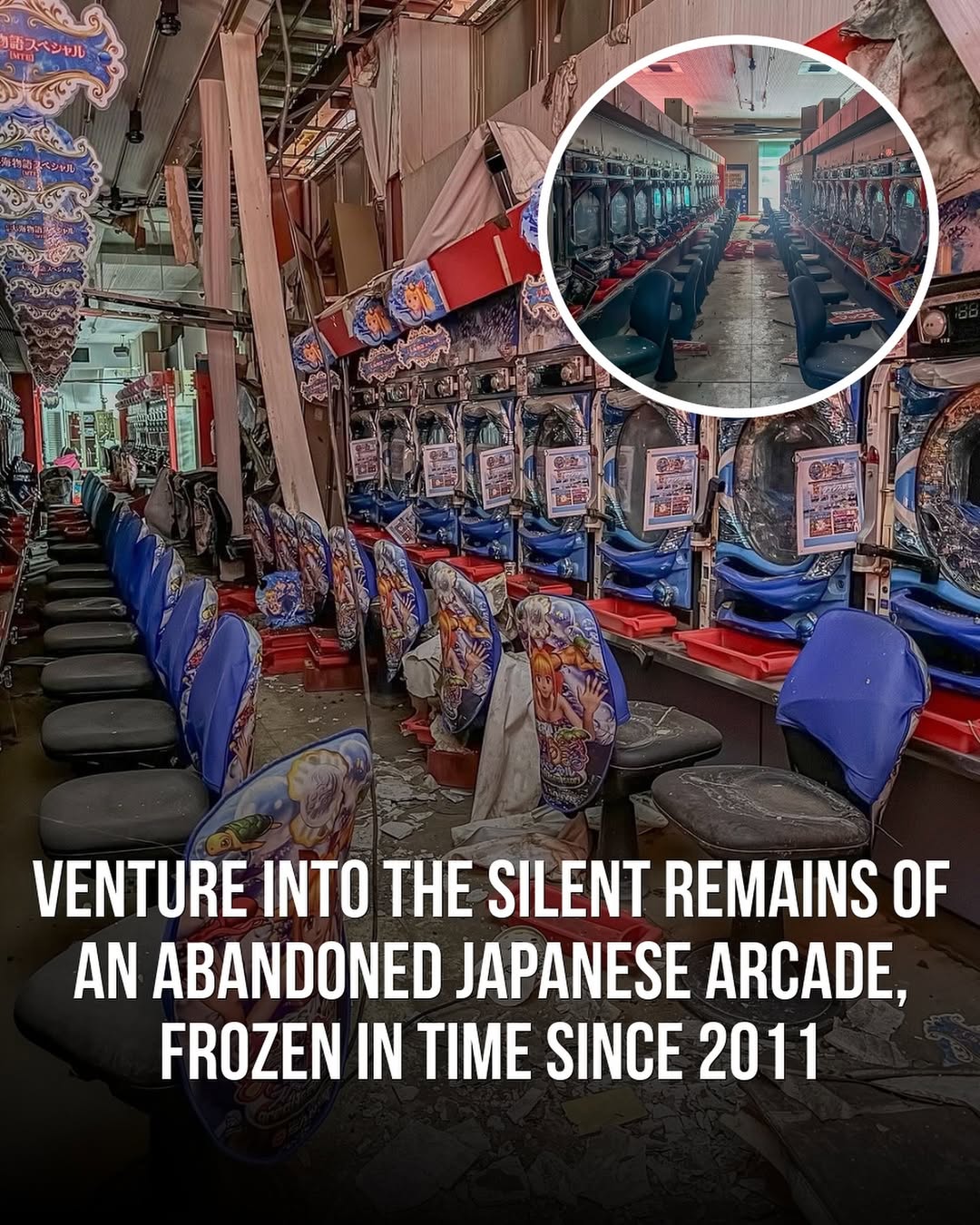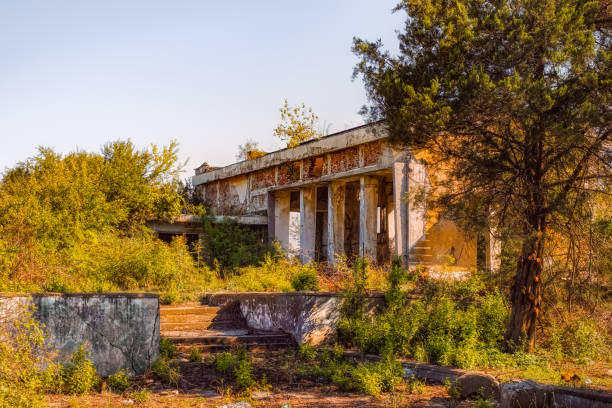The topic of abandoned hotels in my area is a common problem troubling many localities in the United States. Abandoned hotels are not only an eyesore, but also hurt the economy of the area and can exacerbate the decrease in property values. While the causes for the rise in abandoned hotels may differ, it is evident that this problem needs urgent focus and action. Addressing this problem requires a detailed analysis of the fundamental issues as well as exploring the possible approaches to re-utilizing these unused properties.
The growing number of unoccupied hotel buildings stems mostly from a shift within the hospitality sector. Due to online booking systems and the growing trend of alternate lodgings like Airbnbs, many conventional hotels find it difficult to stay in business. This has created a surplus in hotel properties that are no longer profitable, forcing many to shut down. It is vital for local people to grasp the reasoning behind the rising number of abandoned hot.
Reasons for the Increase in Vacant Hotels
A combination of new spending habits, economic troubles, and even natural catastrophes can all add to rising vacant hotels. One significant reason could be the shift in consumer behavior toward alternative lodging such as AirBnb and vacation rentals. These days, many travelers prefer looking for more unique and personalized stays. This kind of consumer behavior change is leaving a lot of hotels fighting for guests, thus leading to an increased number of vacancies.
Along with shifting consumer preferences, the economy can also play a role in the mounting number of unoperated hotels. The hospitality sector suffers during an economic recession because of decreased travel and tourism. This directly translates to lower hotel occupancy and revenue, which constrains the ability of hotel owners to upkeep their properties. Moreover, natural disasters can contribute to the rising numbers of unoperated hotels as assets get damaged or destroyed and owners are unable to afford the repairs or renovations. Local communities need to understand these concerns in order to have a balanced approach to vacant hotels and formulate effective policies that address.

Impact of Vacant Hotels on the Local Economy
The idleness of hotels within a certain region significantly impacts the local economy, because of the adverse effects these establishments have on property value, tourism, and development within the community. It is not uncommon for vacant hotels to be an eyesore to the community which discourages businesses and investors from setting up shop. With these businesses,, there will most probably be a decrease in tax revenue for the local governments, resulting in a decline in property value. Furthermore, idle hotels pose a risk in dampening the tourism industry, because of the negative impression that they create on people from other regions and discourage them from visiting the community.
Additionally, these properties may act as an obstacle towards efforts aimed at improving the image of the community, and in the long run may lead to a loss in the overall productivity of the area. These hotels have the potential to attract crime and acts of vandalism, which undermine the standard of living for the people in the vicinity. It is crucial for the citizens in these regions to understand how the existence of such hotels disrupts the economic balance in the area, and strive to find better ways to deal with idle hotels that will prove useful to the community at large.
Possible Approaches For Reusing Empty Hotels
There are a number of potential approaches for reusing vacant hotels that could help solve the issue at hand while simultaneously benefiting the local community. One possible approach is to transform empty hotels into affordable housing or mixed-use developments that incorporate residential apartments, retail stores, and other community services.
Another possible approach is to transform empty hotels into alternative accommodations such as extended stay hotels or boutique lodgings. This can fulfill the needs of travelers in today’s market while creating investment opportunities for community entrepreneurs and small business investors. Moreover, changing vacant hotels into office spaces or co-working spaces also opens up avenues for job creation and economic growth.
Local communities need to focus on these approaches when dealing with empty hotels and seek ways to address creatively and sustainably how to repurpose these properties in a manner beneficial to the community.
Community Efforts in Dealing With Unoccupied Hotels
Collaboration with the local government, business people, citizens, and other relevant parties is a necessity when dealing with vacant hotels. This can be through community task forces and committees formed to focus on unoccupied hotels and their possible repurposing solution strategies. Through these efforts, communities are able to unlock synergies needed for redevelopment attempts and promote policies that are supportive toward sustainable and desirable outcomes for vacant hotels.

Community members are also able to contribute by taking part in public meetings and forums where they are given a chance to share their thoughts regarding unoccupied hotels. Addressing unoccupied properties is a multifaceted problem, and residents’ priorities need to be put at the forefront. In addition, community support can extend to local business people and investors who are ready to purchase unoccupied hotels with the aim of revitalizing such areas.
Local communities need to realize that there is a collective problem of unoccupied hotel buildings and harness proactive approaches for collaboration and participation that stand to benefit the whole society.
Future Outlook for Vacant Hotels in the Local Area
The prognosis for repurposed hotels within the vicinity will revolve around how appropriately communities manage the issue and come up with viable methods to reconfigure these spaces sustainably. If the local government, business leaders, residents, and relevant stakeholders work together, there is potential to repurpose these properties in a manner that serves the entire community. Considering possible solutions like transforming them into affordable housing or mixed-use developments creates the potential for new economic stimulation.
Moreover, with community support and active investment from local businesses and community members willing to acquire and redevelop the vacant hotels near me, there is potential for new investments, thereby revitalizing the area. It is crucial for local communities to address the challenge of vacant hotels with collaborative efforts and collective approaches to rebuild and reimagine engagement opportunities that are constructive.
In summary, looking for vacant hotels nearby is not entirely fruitful. Finding solutions and redeveloping such spaces requires looking into its root causes cumulatively and comprehensively as opposed to singularly.
![]()





